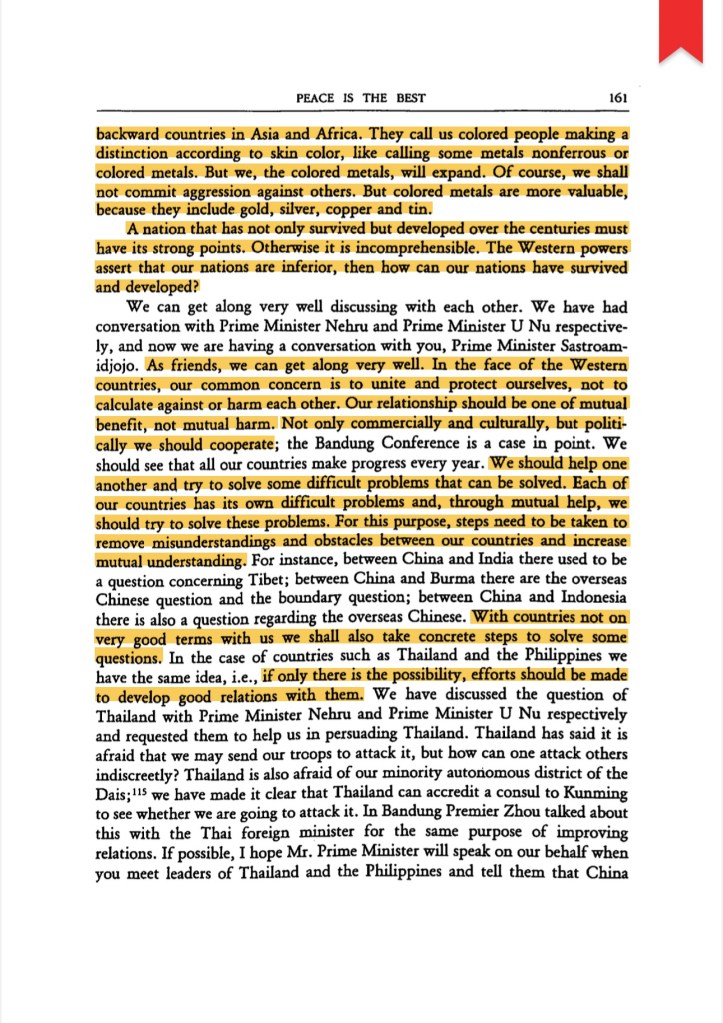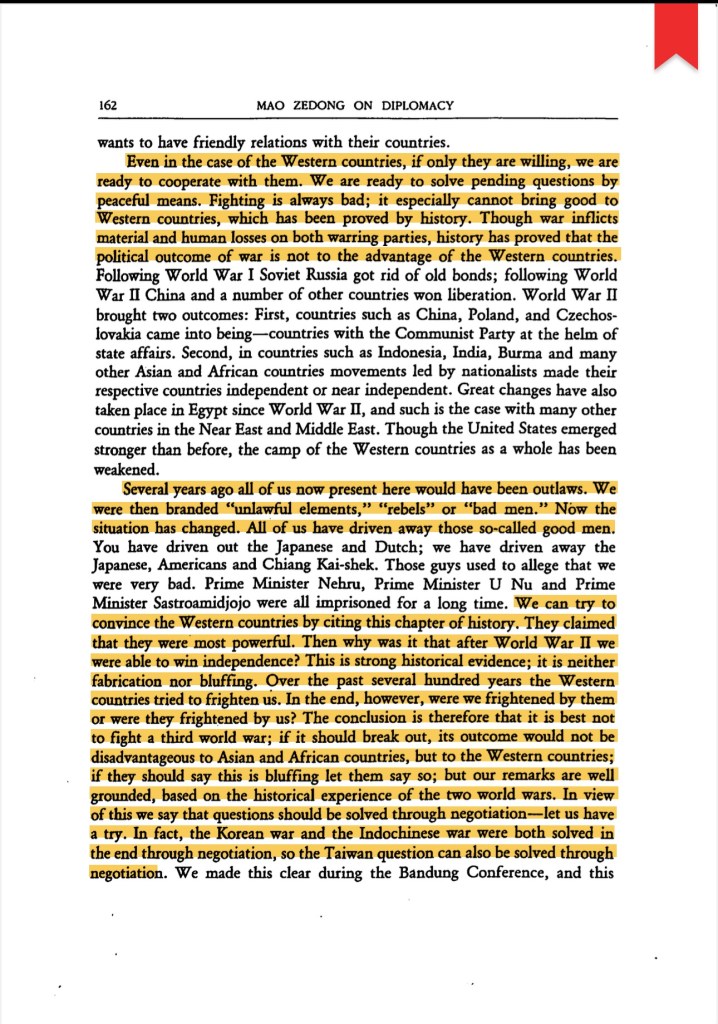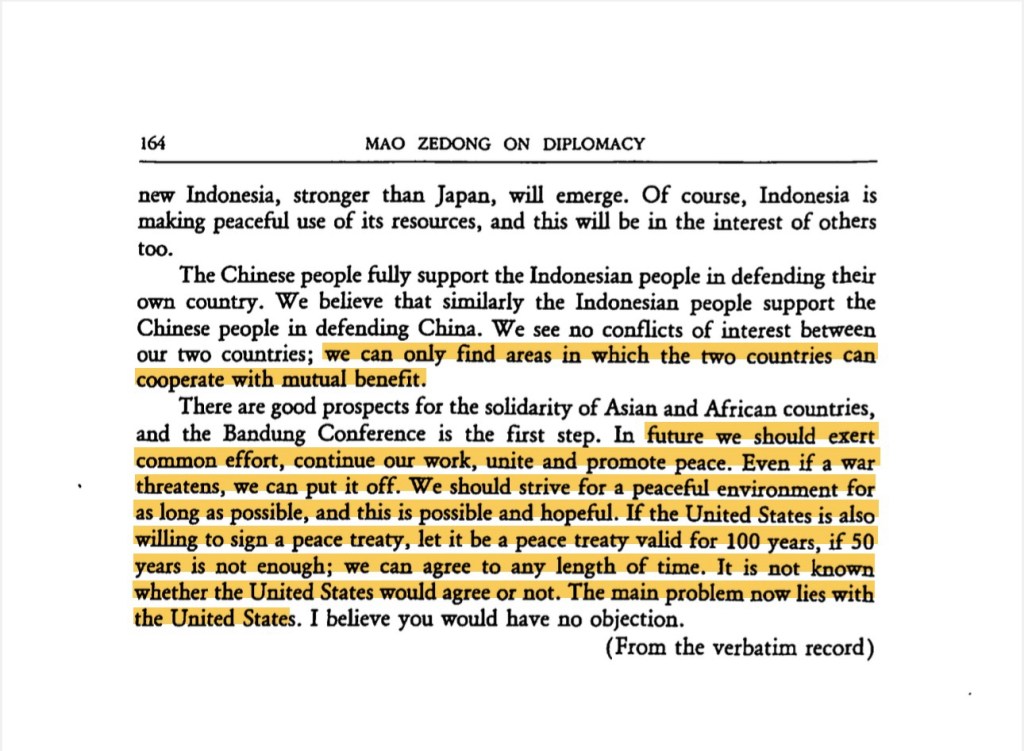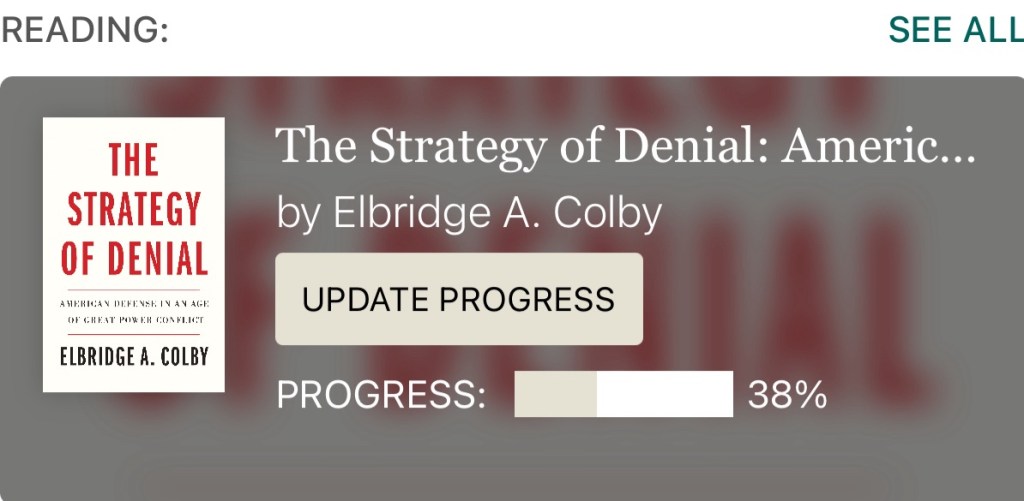Senior Col. Wu Qian, a spokesman for China’s Ministry of National Defense, accused the Philippines of causing disturbances in various areas with the support and encouragement of the United States.
“From Ren’ai Jiao (Ayungin Shoal) to Xianbin Jiao (Sabina Shoal) and from Houteng Jiao to Huangyan Dao (Scarborough Shoal), such repeated provocations have allowed the international community to see clearly who is undermining peace and stability in the South China Sea and who is fabricating and spreading lies,” Wu said.
Read More »
Tag: Treaties
South China Sea: Marcos inks laws on PH Maritime Zones, Archipelagic Sea Lanes + Responses of China and the United States
MANILA – President Ferdinand R. Marcos Jr. on Friday signed laws declaring the maritime zones under Philippine jurisdiction and designating sea lanes in the country for foreign vessels and aircraft.
Marcos inks laws on PH Maritime Zones, Archipelagic Sea Lanes
Related:
South China Sea: Philippines’ legal moves reveal its expansionist goals
U.S. State Department On the Philippines Maritime Zones Act
Arnaud Bertrand’s Twitter thread (ThreadReader)
Regarding the South China Sea Arbitration:
The South China Sea Arbitration did not rule on sovereignty, and China does not recognize it because the Arbitral Tribunal lacked jurisdiction. “The Arbitral Tribunal violated the principle of state consent, exercised its jurisdiction ultra vires and rendered an award in disregard of the law. This is a grave violation of UNCLOS and general international law, Wang said.” The United Nations Convention on the Law of the Sea (UNCLOS) is an international treaty that establishes a legal framework for all marine and maritime activities. The Permanent Court of Arbitration is not an agency of the United Nations. The PCA rents space in the same building as the UN’s International Court of Justice. A Congressional Research Service report, dated August 2023, stated that the U.S. has not declared its position regarding sovereignty over any of the geographical elements that comprise the South China Sea.
Honduras denounces a coup plan in progress + more
Reading Update 08-10-2024: Mao Zedong vs Elbridge Colby





I’m alternating between reading ‘On Diplomacy’ and listening to ‘The Strategy of Denial’ on Audible.


Japan-U.S. joint statement on war preparations forecasts doom
The United States has announced it will upgrade U.S. Forces Japan (USFJ) to a joint force headquarters (JFHQ) with expanded operational responsibilities. The new command will report to the US Indo-Pacific Command (USINDOPACOM). The revamped structure will assume the control of about 55,000 personnel stationed in Japan from the U.S. Indo-Pacific Command some 6,200 kilometers away in Honolulu, Hawaii. The move is intended to streamline communications between the US and Japan, especially during a crisis involving China.
Japan-U.S. joint statement on war preparations forecasts doom
Eight Nations Alliance 2.0 Won’t Defeat The Boxer Rebellion This Time
The new Interparliamentary Alliance On China has a fancy name and that’s about it. 八國聯盟2.0這次不會打敗義和團了。新的中國問題議會間聯盟有一個很奇特的名字,僅此而已 By MARIO CAVOLO JUN 27 2024
Eight Nations Alliance 2.0 Won’t Defeat The Boxer Rebellion This Time
How So Many Learned To Stop Worrying and Love the Nukes

Social psychosis is widespread. In the words of the British psychiatrist, R. D. Laing, “The condition of alienation, of being asleep, of being unconscious, of being out of one’s mind, is the condition of the normal man.”
How So Many Learned To Stop Worrying and Love the Nukes
DOD Developing AI Weapons? Beware the Frankenstein Chatbots

Big Tech is rushing ahead of any legal framework for artificial intelligence, or AI, in the quest for big profits, while pushing for self-regulation instead of the constraints imposed by the rule of law.
DOD Developing AI Weapons? Beware the Frankenstein Chatbots
The Messed Up Truth About The Louisiana Purchase

The Louisiana Purchase is usually presented as an incredible, inspiring moment in American history in which President Thomas Jefferson, wise, benevolent eyes twinkling under his powdery white wig, made an incredibly shrewd real estate deal with notorious, disgraced French emperor Napoleon Bonaparte and, with one stroke of his giant quill pen, doubled the size of the United States of America for the bargain price of $15 million, or just three cents an acre. What we don’t usually learn about is the negative domino effect this treaty had in terms of inspiring the concept of manifest destiny or the belief that white colonists had a God-given duty to expand across North America and redeem and remake the land in their own image.
The Messed Up Truth About The Louisiana Purchase

You must be logged in to post a comment.